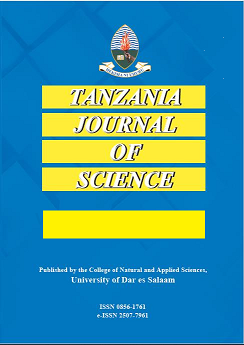Evaluation of the Modulatory Effects of Capsicum Chinensis Methanol Extract in Streptozotocin-Induced Diabetic Neuropathic Pain in Mice
Keywords:
Diabetes, Capsicum chinensis, analgesic, inflammation, neuropathAbstract
Diabetes is one of the common causes of neuropathic pain. The first-line treatment drugs used in alleviating neuropathic pain can cause adverse effects. Therefore, the aim of this study is to evaluate the analgesic property of Capsicum chinensis, since the plant was reported to be used against chronic pain in traditional medicine. Streptozotocin-induced diabetes was adopted to model neuropathy in mice and the antihyperalgesic effect of the extract was evaluated using a hot plate test, cold allodynia test, and Randall- Selitto paw pressure test. The plasma level of pain-associated inflammatory biomarkers like interleukin-6 (IL-6) and tissue necrotic factor-α (TNF-α) was also measured. Treatment with varying doses of extract (1, 2.5, and 5 mg/kg) significantly (p < 0.05) increased the mean reaction time to thermal pain during hot and cold plate tests. During the Paw pressure test, reaction time was significantly prolonged in the treatment groups and the plasma level of TNF-α and IL-6 were reduced (p < 0.05). The extract showed a better antihyperalgesic effect than the positive control drug (gabapentin). The result obtained showed that Capsicum chinensis extract can alleviate diabetes neuropathic pain in mice models with a better analgesic effect thanthe control drug (gabapentin).


